Global impact
Our mission calls us to support Habitat’s work not just in our own community, but throughout the world.
As a global organization delivering local impact, Habitat is uniquely positioned to address the world’s shelter crisis. Our work in more than 70 countries has helped transform the lives and communities of more than 59 million people through housing since 1976.
Through Habitat for Humanity’s tithe program, U.S. affiliates share 10% of their unrestricted revenue with their Habitat colleagues around the world. This practice has created a cycle of generosity and partnership, transcending borders and languages. Tithing is an ancient practice of many cultures and faiths and we proudly commit to it in our covenant agreement with Habitat for Humanity International.
The practice of tithing among affiliates has its roots in the early days of Habitat. In 1979, Millard Fuller, the co-founder of Habitat with his wife, Linda, visited the Democratic Republic of Congo to dedicate many houses in the village of Ntondo. During the dedication ceremony, the leader of the local Habitat organization took up a collection and asked that half of the money be used to start another Habitat program. That tithe started a Habitat organization in Guatemala. And from this one small gift, Habitat’s entire tithe program grew. Today, Habitat affiliates across the U.S. participate in the tithe, and their collective tithe is over $350 million.
The impact of tithe is woven and witnessed throughout the work of Habitat. Collaboration and funding from the program have made an array of housing solutions possible worldwide, particularly for vulnerable populations and communities hardest hit by disaster.
In October 2024, Habitat for Humanity Capital District announced a multi-year tithe commitment to Habitat for Humanity Mexico and the Orphan and Vulnerable Groups Fund.
Hábitat para la Humanidad México
The housing need in Mexico
According to data from the National Council for the Evaluation of Social Development Policy, more than half of Mexico’s population is living below the poverty line. Their economic vulnerability limits their ability to meet their housing needs. There is currently a qualitative housing deficit of more than 14 million homes in the country, and self-produced housing represents 64.3% of national production.
This situation is even more serious in southeastern Mexico, particularly among the native populations. More than three-quarters, or 79%, of their homes need to be improved. In the state of Chiapas alone, 96.5% of the population does not have safe homes.
As of 2016, an estimated 23.7 million Mexicans lacked access to basic services. Among them, 7.6% lacked access to water; 6.8% had no drainage at home; 0.4% did not have access to electricity; and 11.7% used firewood or coal for cooking and did not have a chimney.
How Habitat addresses the need
Habitat Mexico recognizes housing as a fundamental human right and promotes the self-production of assisted housing. We aim to meet the housing needs of families, according to individual and regional practices and customs as well as the climatic conditions of the place where they live.
Sustainable projects
We work with families and communities to minimize the impact on the environment through the incorporation of new building systems, reinforcement of community infrastructure, eco-technologies such as rainwater harvesting, dry toilets, kitchen gardens, and wood-saving stoves, among others. We complement the initiatives through knowledge-sharing and skills training to promote the adaptation and use of such solutions.
Impact of concrete floor initiative
A regional initiative “100,000 floors to play on” aims to replace unsafe, dirt floors with concrete floors in Mexico. We partner with families who live in poor housing conditions, focusing on female-headed households and families with children under six years of age, older adults, and/or people with disabilities. We empower community leaders and ensure adequate logistical oversight for upgrading floors with the objective of making steady progress through public-private partnerships.
Building inclusive markets
Habitat’s Terwilliger Center for Innovation in Shelter in Mexico works through partnerships with civil society organizations, microfinancing institutions, and businesses to facilitate more efficient and inclusive housing market systems for the country’s low-income families.
Orphans and Vulnerable Groups Fund
The Orphans and Vulnerable Groups Fund supports the efforts of Habitat for Humanity organizations to provide adequate shelter and other interventions for particularly vulnerable communities around the world.
These groups — children who have lost one or both parents, people living with a disease or disability, and marginalized people facing social exclusion — are confronted by many barriers to escaping chronic poverty and inadequate housing. The OVG Fund supports Habitat’s work to provide these most vulnerable groups with a hand up through housing solutions.
In fiscal year 2023, 167 U.S. Habitat organizations tithed $705,185 to the OVG Fund. These tithes will support programs in Jordan, Lesotho, Malawi, Mexico and Myanmar.








